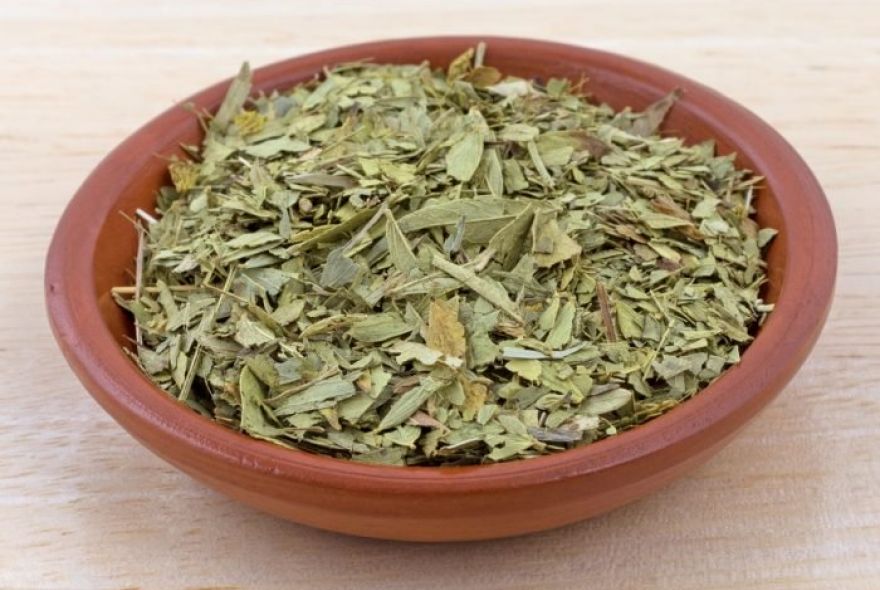Senna Lax
What is senna?
Senna is also known as Cassia senna, tinnevelly senna, Indian senna, Alexandrian senna, and Khartoum senna.
Senna has been used in alternative medicine as an aid to treat constipation.
Not all uses for senna have been approved by the FDA. Senna should not be used in place of medication prescribed for you by your doctor.
Senna is often sold as an herbal supplement. There are no regulated manufacturing standards in place for many herbal compounds and some marketed supplements have been found to be contaminated with toxic metals or other drugs. Herbal/health supplements should be purchased from a reliable source to minimize the risk of contamination.
Senna may also be used for purposes not listed in this product guide.
Important Information
Not all uses for senna have been approved by the FDA. Senna should not be used in place of medication prescribed for you by your doctor.
Senna is often sold as an herbal supplement. There are no regulated manufacturing standards in place for many herbal compounds and some marketed supplements have been found to be contaminated with toxic metals or other drugs. Herbal/health supplements should be purchased from a reliable source to minimize the risk of contamination.
Use senna as directed on the label, or as your healthcare provider has prescribed. Do not use this product in larger amounts or for longer than recommended.
Call your healthcare provider if your symptoms do not improve, or if they get worse while using senna. Do not use this product for longer than 1 week without the advice of a healthcare provider.
Before taking this medicine
Ask a doctor, pharmacist, herbalist, or other healthcare provider if it is safe for you to use this product if you have:
• a bowel disorder such as Crohn's disease or ulcerative colitis;
• heart disease; or
• stomach pain, nausea, or vomiting.
It is not known whether senna will harm an unborn baby. Do not use this product without medical advice if you are pregnant.
It is not known whether senna passes into breast milk or if it could harm a nursing baby. Do not use this product without medical advice if you are breast-feeding a baby.
Some forms of senna are made for use by children. Do not give any herbal/health supplement to a child without the advice of a doctor.
How should I take senna?
When considering the use of herbal supplements, seek the advice of your doctor. You may also consider consulting a practitioner who is trained in the use of herbal/health supplements.
If you choose to use senna, use it as directed on the package or as directed by your doctor, pharmacist, or other healthcare provider. Do not use more of this product than is recommended on the label.
Senna is usually taken before bed to produce a bowel movement 6 to 12 hours later when you wake up.
Measure liquid medicine with a special dose-measuring spoon or medicine cup, not with a regular table spoon. If you do not have a dose-measuring device, ask your pharmacist for one.
Do not use different formulations of senna (such as tablets and liquid) at the same time without medical advice. Using different formulations together increases the risk of an overdose of senna.
Call your healthcare provider if your symptoms do not improve, or if they get worse while using senna. Do not use this product for longer than 1 week without the advice of a healthcare provider.
Store at room temperature away from moisture, heat, and light.
What happens if I miss a dose?
Skip the missed dose if it is almost time for your next scheduled dose. Do not use extra medicine to make up the missed dose.
What happens if I overdose?
Seek emergency medical attention or call the Poison Help line at 1-800-222-1222.
What should I avoid while taking senna?
Follow your healthcare provider's instructions about any restrictions on food, beverages, or activity.
Senna side effects
Get emergency medical help if you have any of these signs of an allergic reaction: hives; difficulty breathing; swelling of your face, lips, tongue, or throat.
Call your healthcare provider at once if you have a serious side effect such as:
• severe stomach pain, severe diarrhea, watery diarrhea;
• weight loss
• worsening constipation after you stop taking senna
• enlargement of your fingers and toes
• low potassium (confusion, uneven heart rate, extreme thirst, increased urination, leg discomfort, muscle weakness or limp feeling); or
• nausea, upper stomach pain, itching, loss of appetite, dark urine, clay-colored stools, jaundice (yellowing of the skin or eyes).
Less serious side effects may include:
• stomach cramps, bloating, gas, mild diarrhea;
• numbness or tingly feeling;
• joint pain; or
• discolored urine.


Comments
Add new comment